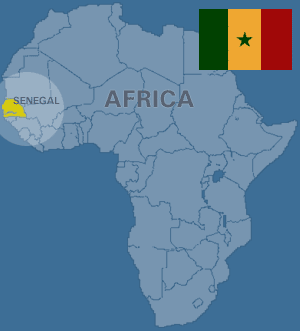I was able to post a bit more frequently in January, as the hospital wasn't very full, but now we're overflowing (literally: we're opening our small, overflow ward next week)! I've thus been working a good deal more and haven't had much time for a "life admin" day where I could blog and catch up on email. The email that appeared 2 days ago from the Mercy Ships Senior Staffing Manager, though, warranted some reflection and careful consideration.
 I have felt a pull to commit to a longer service here on board for some time now, and I finally realized I could keep coming up with excuses to put it off for ages and ages if I didn't get my act together and jump for it. It was a bit like working up the gumption to jump from a high cliff into the water below; you know the water's deep enough, you know you'll have enough breath to make it back up to the surface, but pushing off that solid rock beneath your feet is still hard to commit to. I'm particularly bad at this...I will stand up there for 10 minutes thinking about jumping before I manage it. So I knew I needed to stop waiting for a sign or some perfect sequence of events to align, and just DO IT already.
I have felt a pull to commit to a longer service here on board for some time now, and I finally realized I could keep coming up with excuses to put it off for ages and ages if I didn't get my act together and jump for it. It was a bit like working up the gumption to jump from a high cliff into the water below; you know the water's deep enough, you know you'll have enough breath to make it back up to the surface, but pushing off that solid rock beneath your feet is still hard to commit to. I'm particularly bad at this...I will stand up there for 10 minutes thinking about jumping before I manage it. So I knew I needed to stop waiting for a sign or some perfect sequence of events to align, and just DO IT already.OK OK OK - Doing it.
So, now my mind is racing with all the things I'm going to have to organize between now and then - and I'm still here! Trying to focus on the present and our patients. Thyroid surgery wraps up today (sure saw some incredibly huge goiters), and we'll be back into hernias and lipomas. With a side of burn contracture releases - their grafts take a few weeks of TLC and close monitoring before we can send them off-ship, so quite a few of them are hanging out with us.
All our goiter patients with the screening team - the seated lady on the far right had the largest by far!
Our plastic surgery patients, in particular, require a lot of extra protein and calories to build lots of happy, healthy tissue over their graft sites. So this has pretty much been the non-thyroid side of our ward the past few weeks:
Those packets are a peanut-based supplement that we make into milkshakes and...gently coax our patients into drinking.
Back to Senegal though...
As I've said in the past, there is an insane amount of preparation and work that goes on behind the scenes, years before a field service even begins.
Senegal is, evidently, significantly better-off than Guinea. Like most countries in this region, however, lack of infrastructure and development in rural areas is a problem. Those living far away from the capitol city of Dakar, where many health services are available, are fresh out of luck. An excerpt from the Advance Team's assessment:
"Regarding surgeon to patient ratio, there are not enough surgeons for the amount of patients needing surgery, which causes a backlog of patients. This backlog is also increased by the cost of surgery. Skills are not necessarily lacking, especially in Dakar, but surgeons are overwhelmed."This backlog means that the few professionals that are around are so overworked they rarely have the opportunity for professional development. In a profession that is so constantly changing, ongoing education is essential. Mentoring and training will therefore be a key part of the field service, in addition to relieving some of their surgical caseload.
Alright, I think I've rambled long enough, and dinner is calling my name.
À la prochaine,
-D





